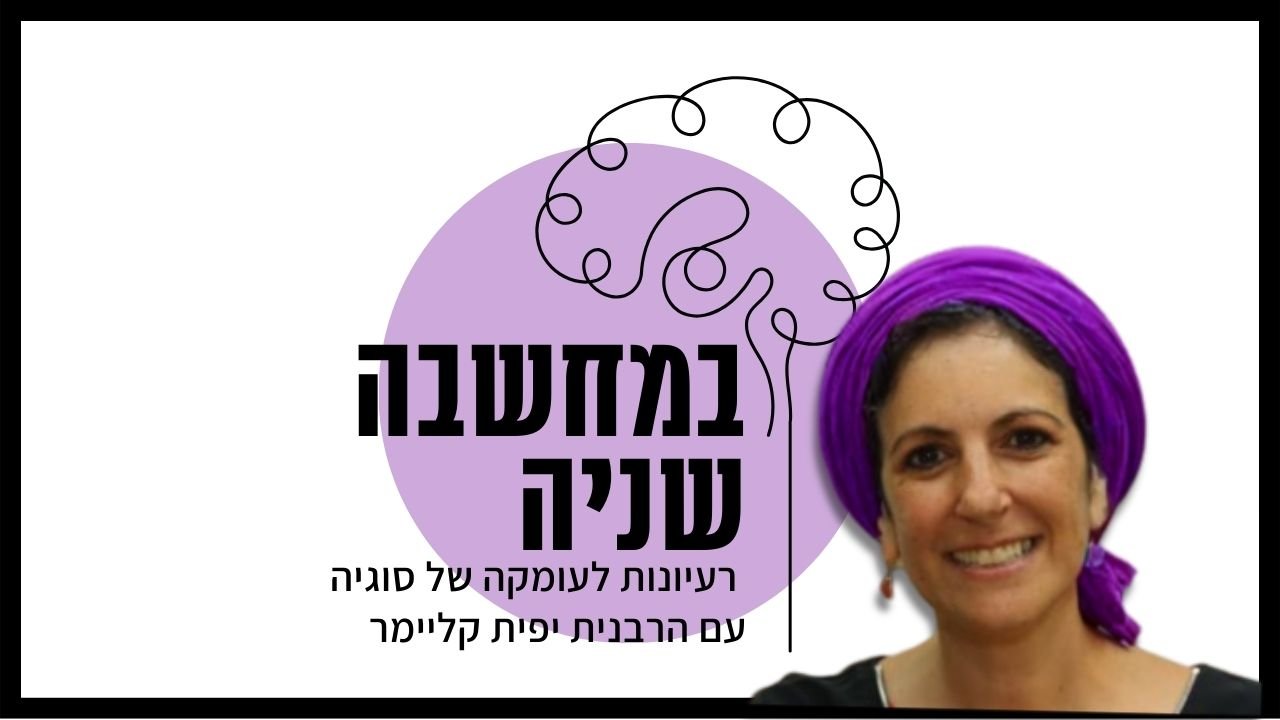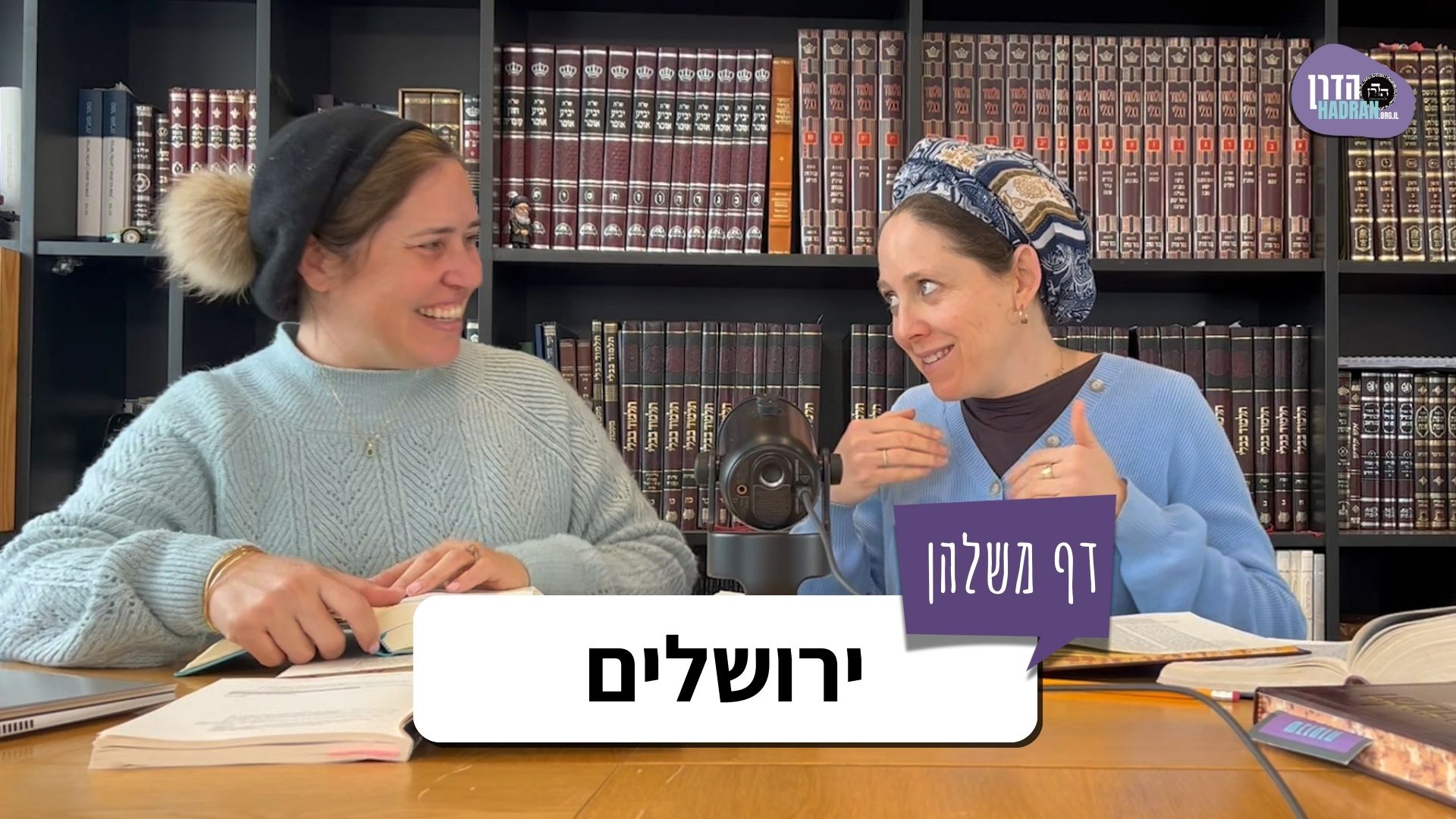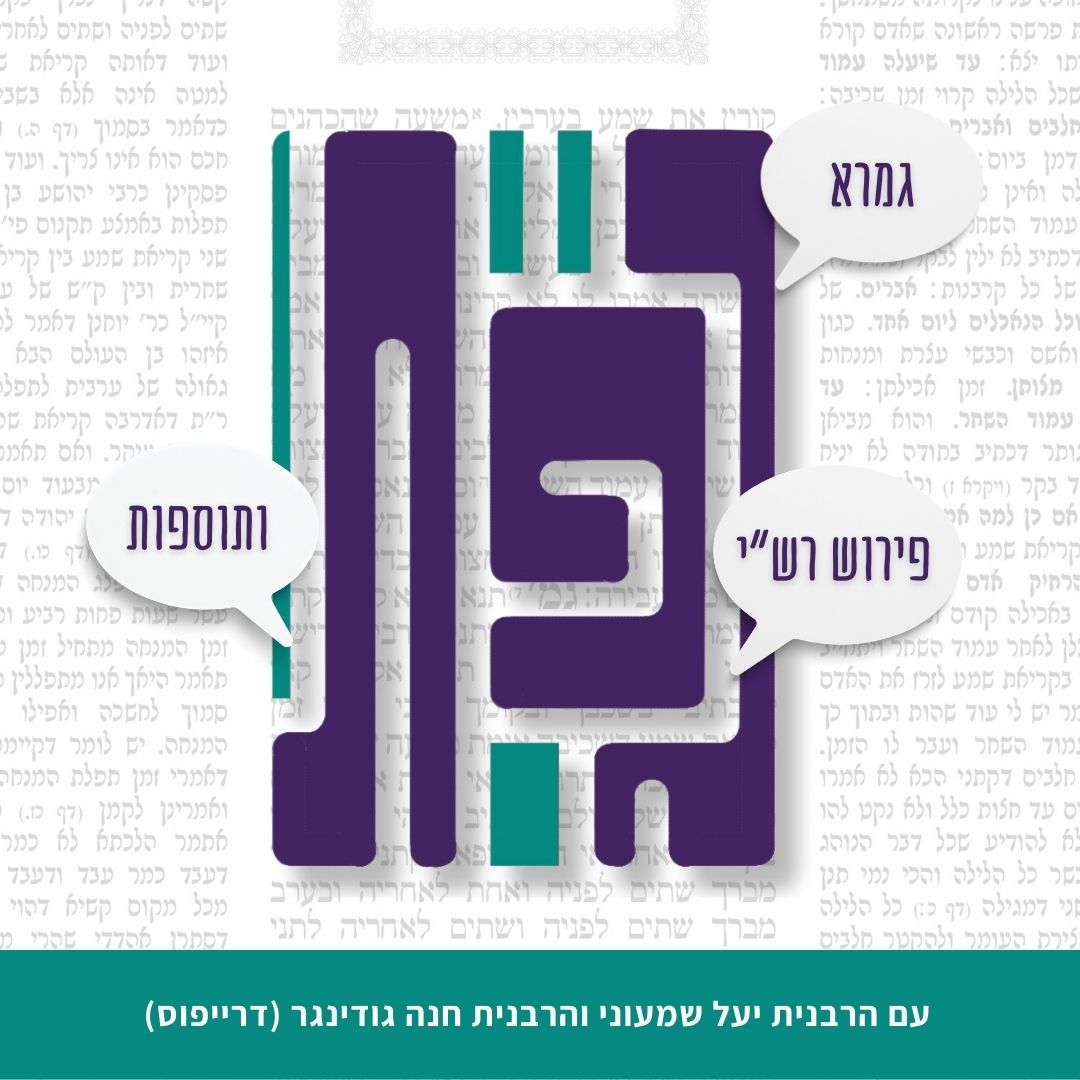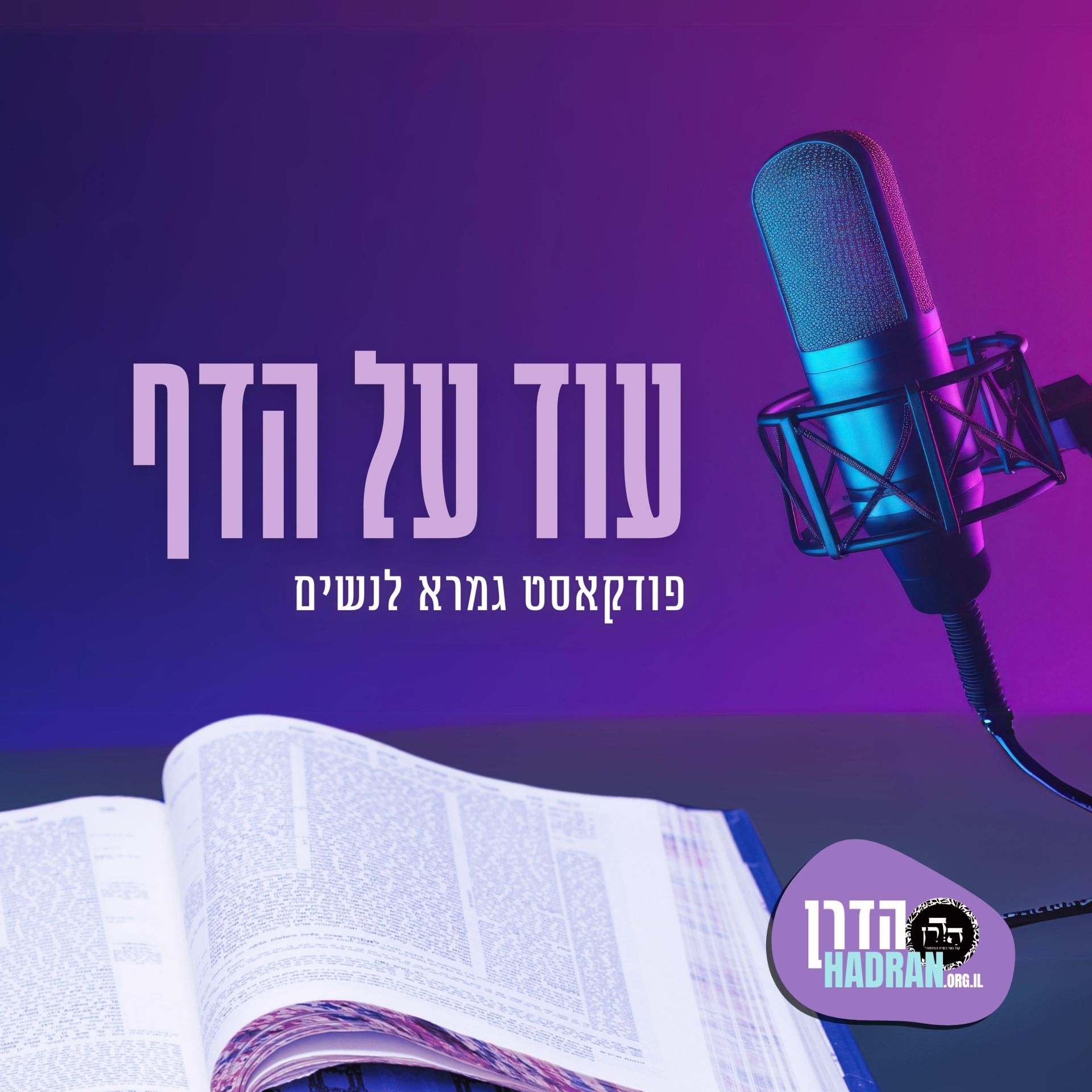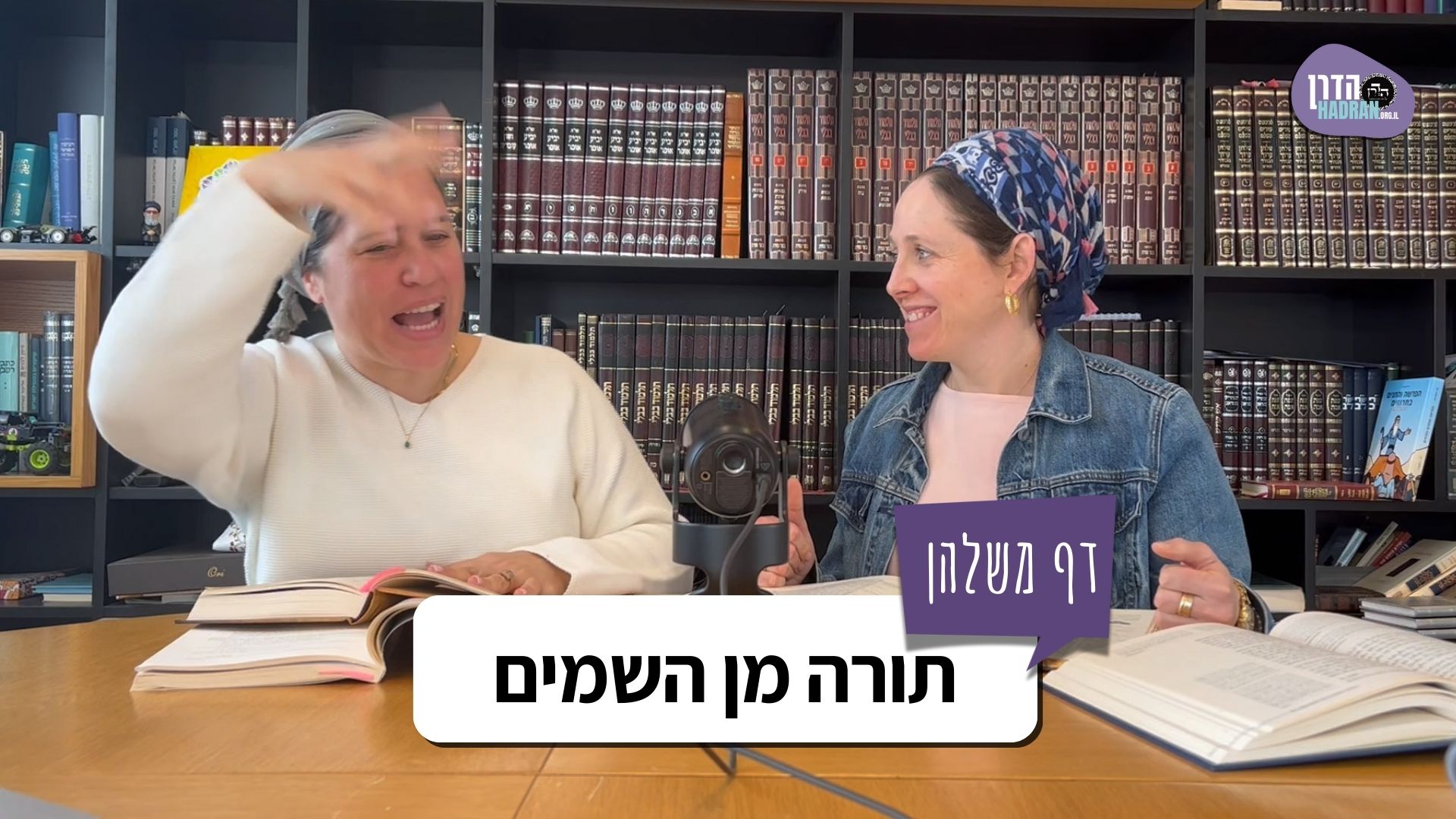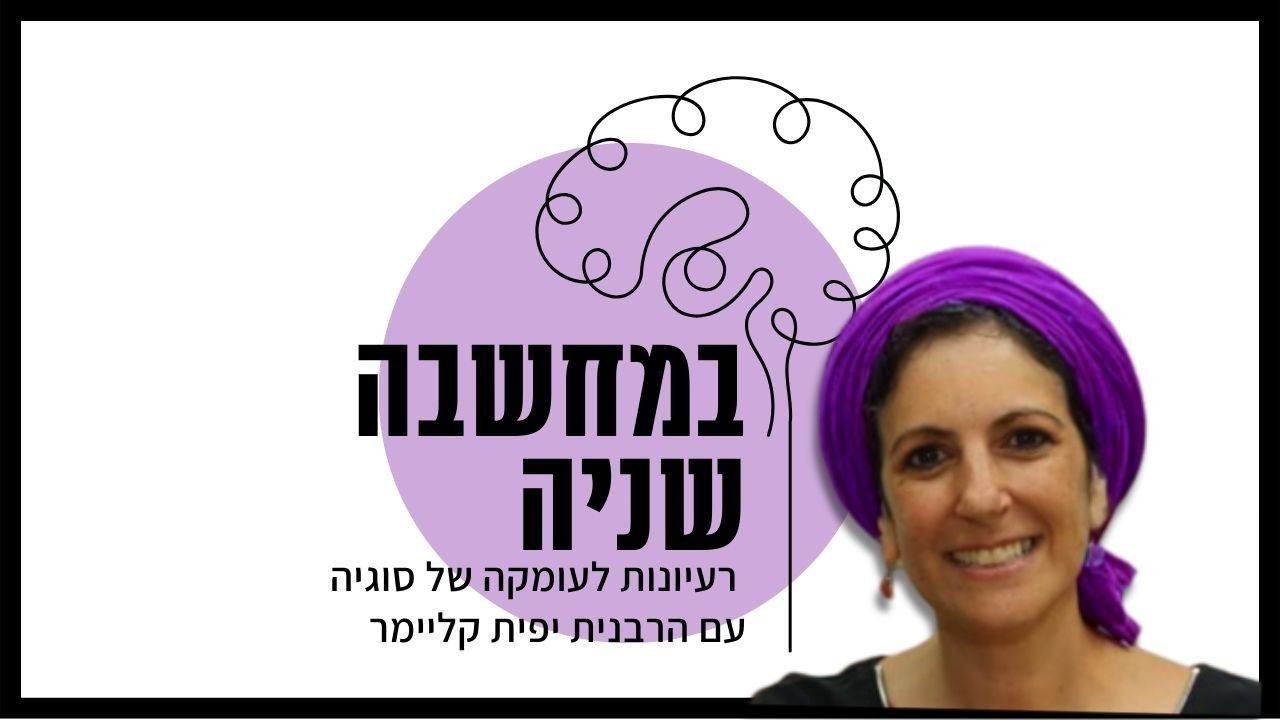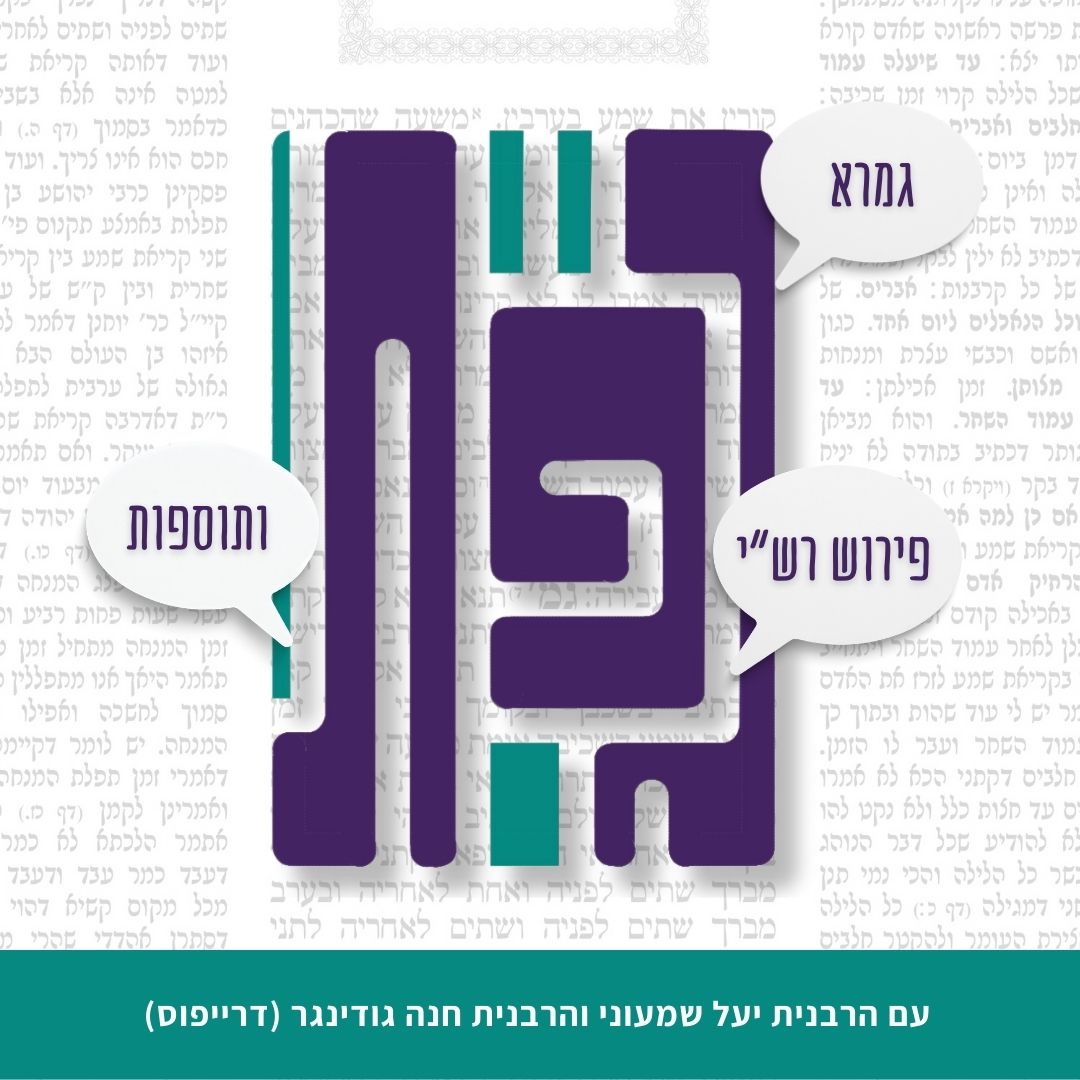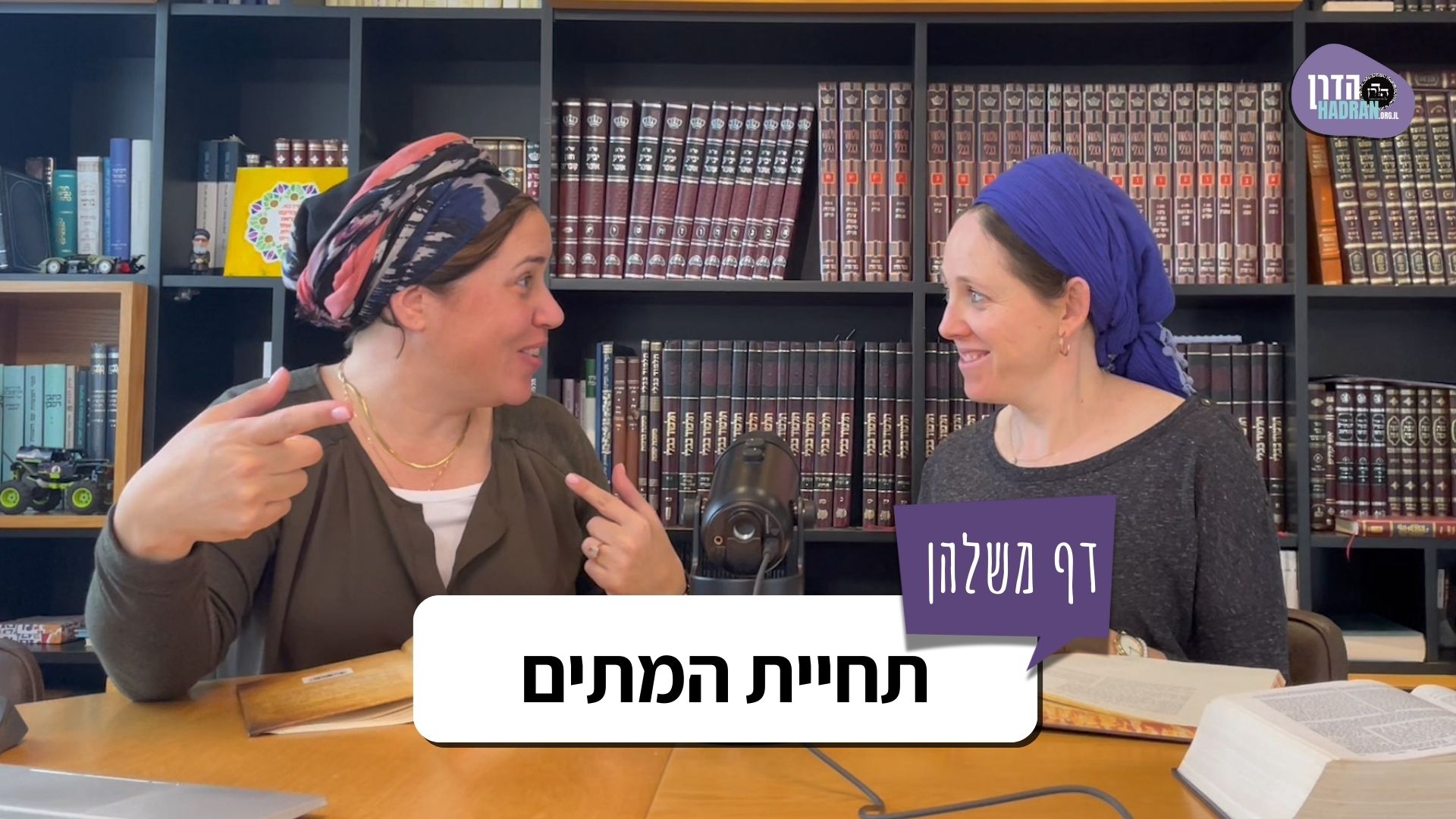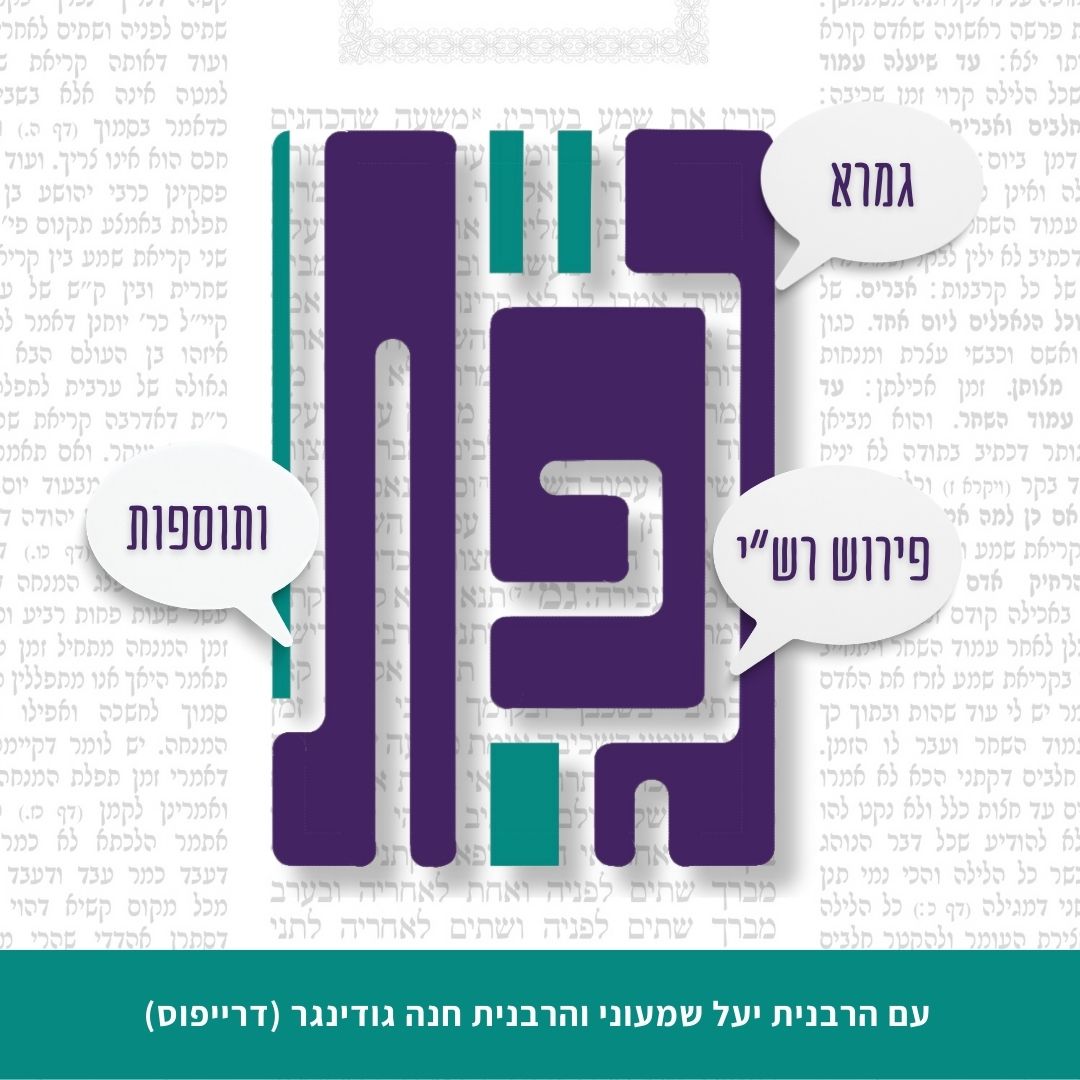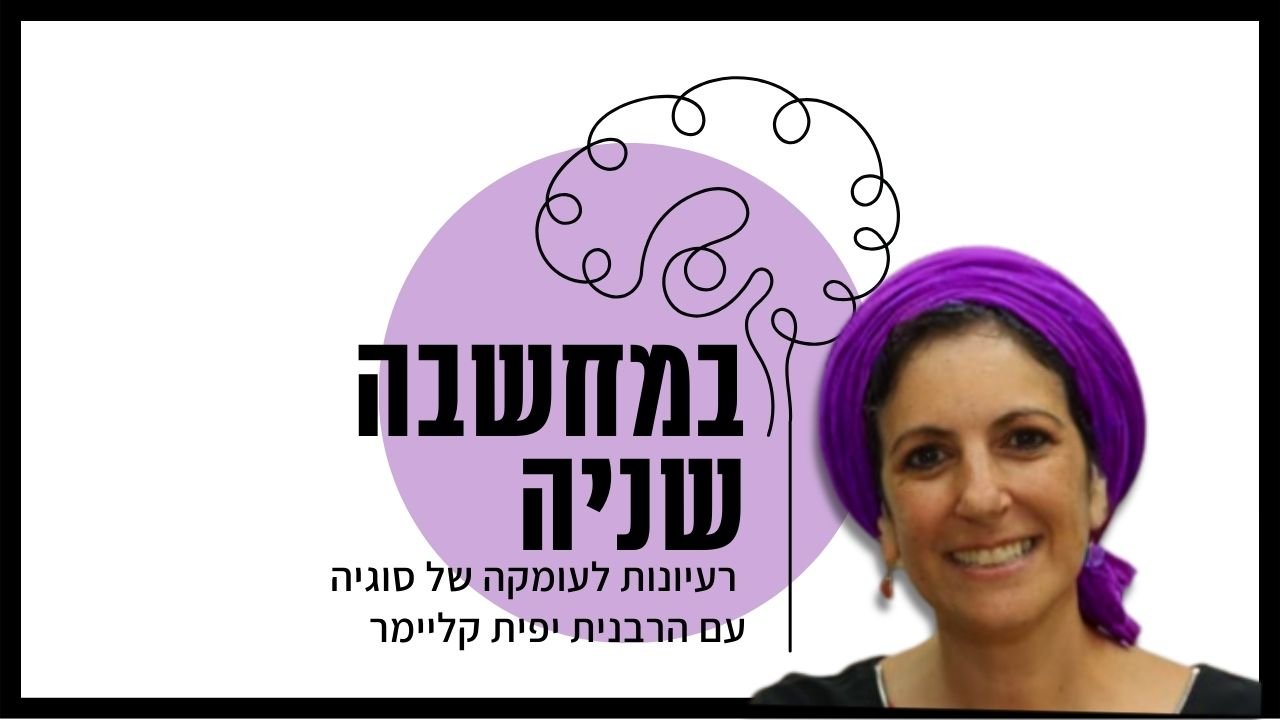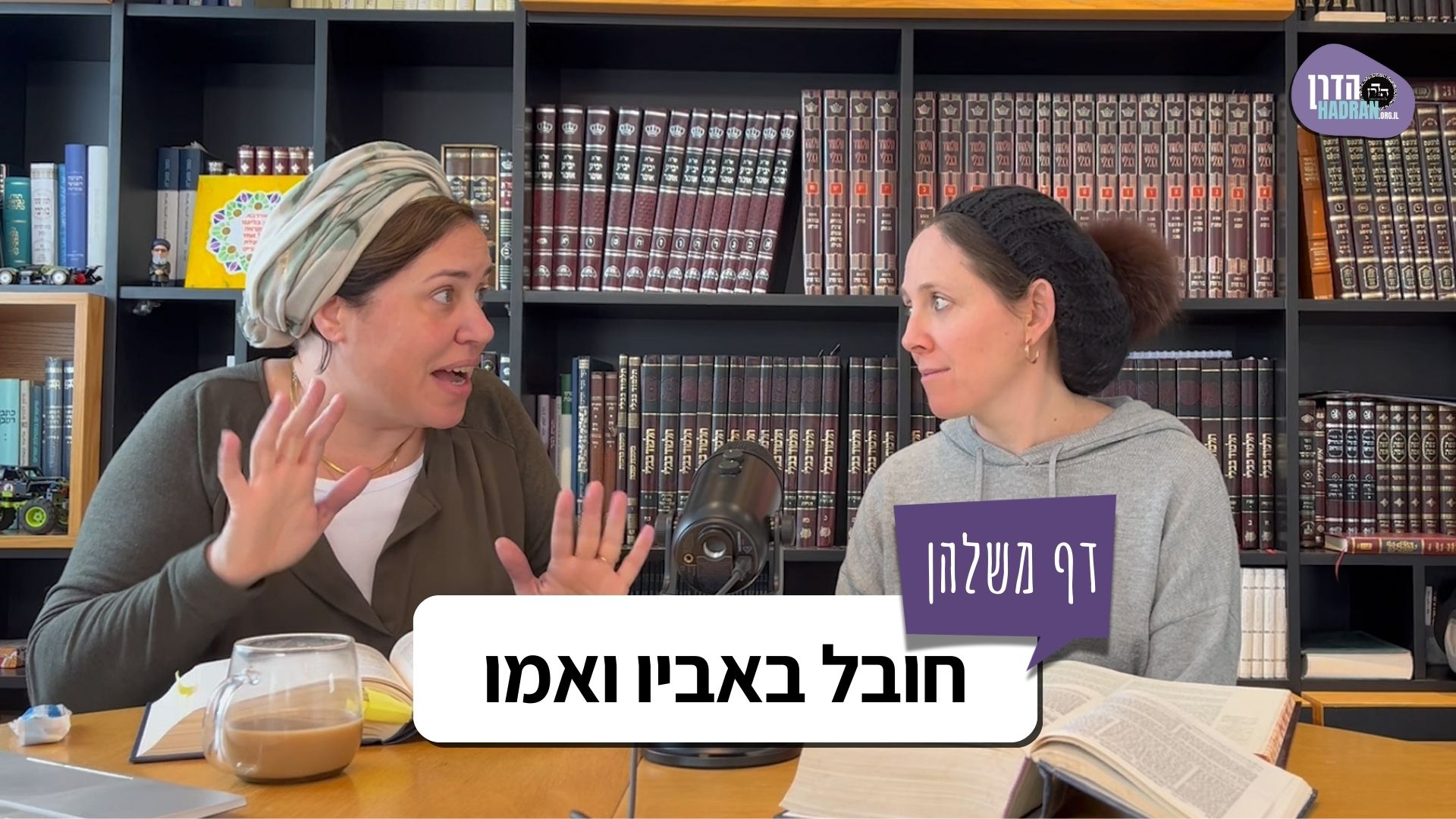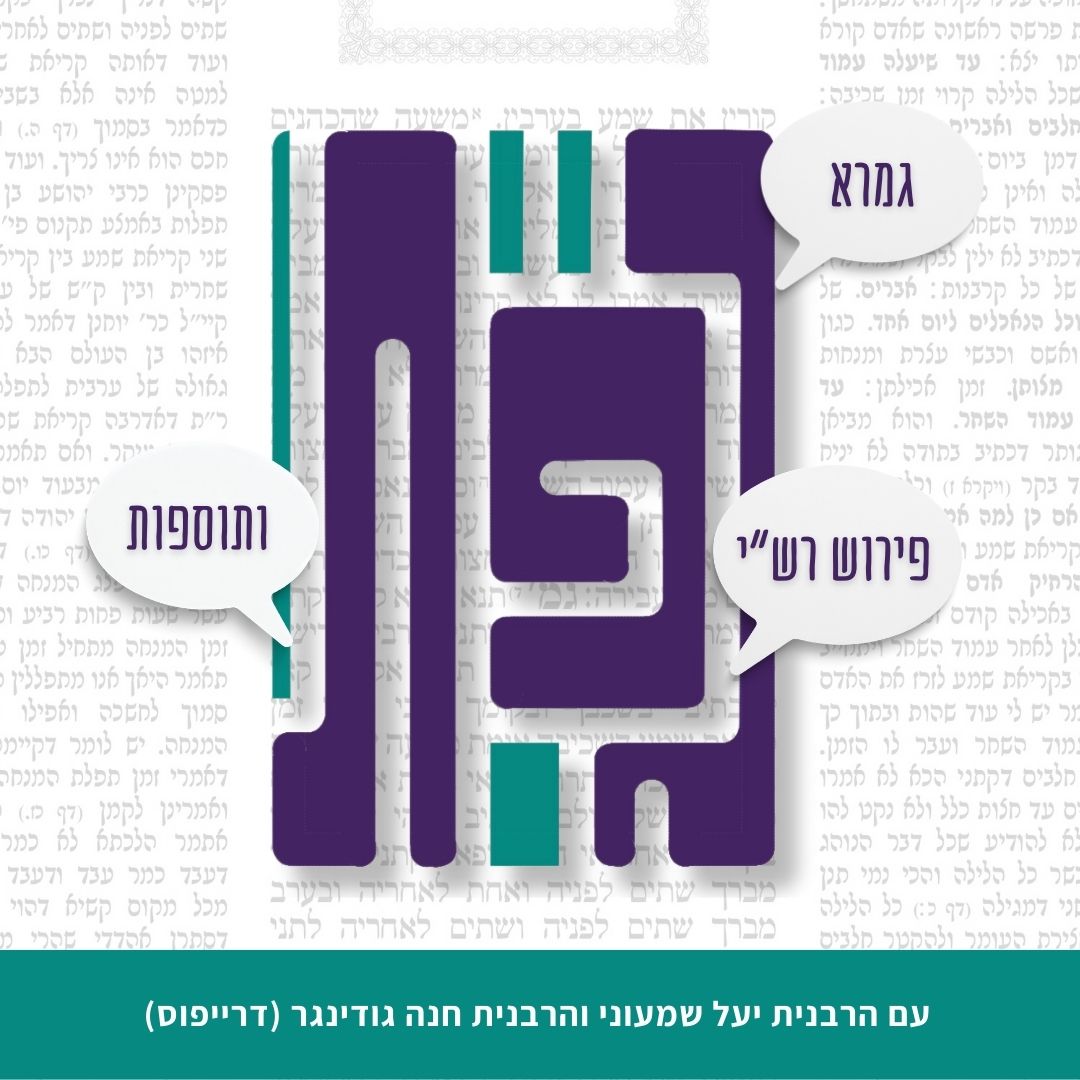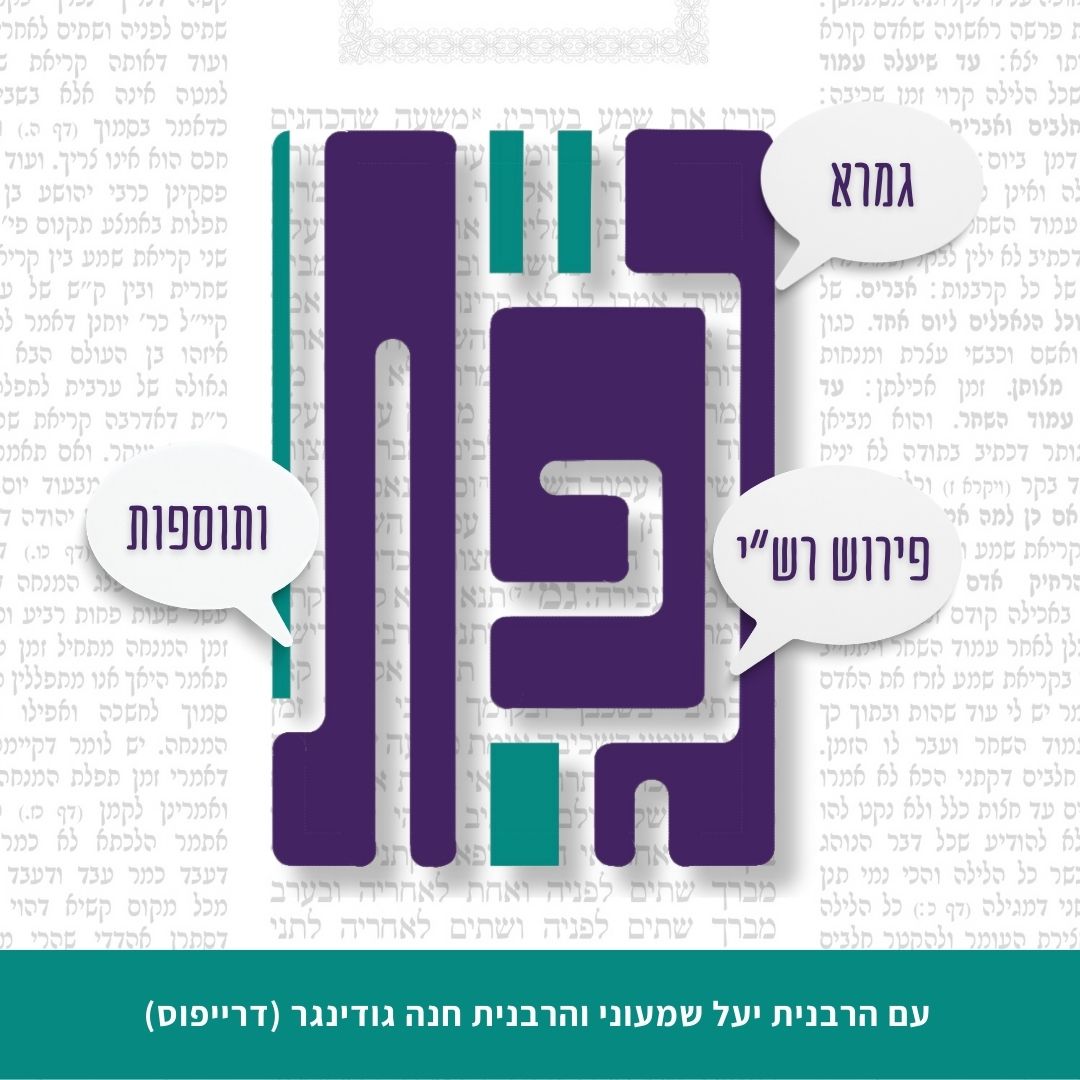סנהדרין צח
מְלָכִים יִרְאוּ וָקָמוּ שָׂרִים וְיִשְׁתַּחֲווּ״?
Kings shall see and arise, princes shall prostrate themselves, because of the Lord, Who is faithful, and the Holy One of Israel, Who has chosen you” (Isaiah 49:7), indicating that redemption will come independent of repentance?
אָמַר לוֹ רַבִּי אֱלִיעֶזֶר: וַהֲלֹא כְּבָר נֶאֱמַר ״אִם תָּשׁוּב יִשְׂרָאֵל נְאֻם ה׳ אֵלַי תָּשׁוּב״? אָמַר לוֹ רַבִּי יְהוֹשֻׁעַ: וַהֲלֹא כְּבָר נֶאֱמַר ״וָאֶשְׁמַע אֶת הָאִישׁ לְבוּשׁ הַבַּדִּים אֲשֶׁר מִמַּעַל לְמֵימֵי הַיְאֹר וַיָּרֶם יְמִינוֹ וּשְׂמֹאלוֹ אֶל הַשָּׁמַיִם וַיִּשָּׁבַע בְּחֵי הָעוֹלָם כִּי לְמוֹעֵד מוֹעֲדִים וָחֵצִי וּכְכַלּוֹת נַפֵּץ יַד עַם קֹדֶשׁ תִּכְלֶינָה כׇל אֵלֶּה וְגוֹ׳״? וְשָׁתַק רַבִּי אֱלִיעֶזֶר.
Rabbi Eliezer said to him: But isn’t it already stated: “If you will return, Israel, says the Lord, return to Me” (Jeremiah 4:1), indicating that redemption is contingent upon repentance? Rabbi Yehoshua said to him: But isn’t it already stated: “And I heard the man clothed in linen, who was above the waters of the river, when he lifted up his right hand and his left hand to heaven and swore by the One Who lives forever that it shall be for a period, periods, and a half; when the crushing of the power of the holy people shall have been completed, all these things shall be finished” (Daniel 12:7), indicating that the time for redemption is set and unrelated to repentance? And Rabbi Eliezer was silent, unable to refute the proof from that verse.
וְאָמַר רַבִּי אַבָּא: אֵין לְךָ קֵץ מְגוּלֶּה מִזֶּה, שֶׁנֶּאֱמַר: ״וְאַתֶּם הָרֵי יִשְׂרָאֵל עַנְפְּכֶם תִּתֵּנוּ וּפֶרְיְכֶם תִּשְׂאוּ לְעַמִּי יִשְׂרָאֵל וְגוֹ׳״. רַבִּי אֱלִיעֶזֶר אוֹמֵר: אַף מִזֶּה, שֶׁנֶּאֱמַר: ״כִּי לִפְנֵי הַיָּמִים הָהֵם שְׂכַר הָאָדָם לֹא נִהְיָה וּשְׂכַר הַבְּהֵמָה אֵינֶנָּה וְלַיּוֹצֵא וְלַבָּא אֵין שָׁלוֹם מִן הַצָּר״.
§ And Rabbi Abba says: You have no more explicit manifestation of the end of days than this following phenomenon, as it is stated: “But you, mountains of Israel, you shall give your branches, and yield your fruit to My people of Israel, for they will soon be coming” (Ezekiel 36:8). When produce will grow in abundance in Eretz Yisrael, it is an indication that the Messiah will be coming soon. Rabbi Eliezer says: You have no greater manifestation of the end of days than this following phenomenon as well, as it is stated: “For before these days there was no hire for man, nor any hire for beast; nor was there peace from the oppressor to him who exits and to him who enters” (Zechariah 8:10). When there are no wages for work and no rent paid for use of one’s animal, that is an indication that the coming of the Messiah is at hand.
מַאי ״לַיּוֹצֵא וְלַבָּא אֵין שָׁלוֹם מִן הַצָּר״? רַב אָמַר: אַף תַּלְמִידֵי חֲכָמִים, שֶׁכָּתוּב בָּהֶם שָׁלוֹם, דִּכְתִיב ״שָׁלוֹם רָב לְאֹהֲבֵי תוֹרָתֶךָ״, אֵין שָׁלוֹם מִפְּנֵי צָר. וּשְׁמוּאֵל אָמַר: עַד שֶׁיִּהְיוּ כׇּל הַשְּׁעָרִים כּוּלָּן שְׁקוּלִין.
The Gemara asks: What is the meaning of the phrase: “Nor was there peace from the oppressor to him who exits and to him who enters”? Rav says: It means that even for Torah scholars, with regard to whom the promise of peace is written, as it is written: “Great peace have they who love Your Torah; and there is no obstacle for them” (Psalms 119:165), there will be no peace from the oppressor. And Shmuel says: It means that the Messiah will not come until all the prices are equal.
אָמַר רַבִּי חֲנִינָא: אֵין בֶּן דָּוִד בָּא עַד שֶׁיִּתְבַּקֵּשׁ דָּג [קָטָן] לְחוֹלֶה וְלֹא יִמָּצֵא, שֶׁנֶּאֱמַר: ״אָז אַשְׁקִיעַ מֵימֵיהֶם וְנַהֲרוֹתָם כַּשֶּׁמֶן אוֹלִיךְ״, וּכְתִיב בָּתְרֵיהּ: ״בַּיּוֹם הַהוּא אַצְמִיחַ קֶרֶן לְבֵית יִשְׂרָאֵל״.
Rabbi Ḥanina says: The son of David will not come until a fish will be sought for an ill person and will not be found, as it is stated with regard to the downfall of Egypt: “Then I will make their waters clear and cause their rivers to run like oil” (Ezekiel 32:14), meaning that the current in the rivers will come to a virtual standstill. And it is written thereafter: “On that day I will cause the glory of the house of Israel to flourish” (Ezekiel 29:21).
אָמַר רַבִּי חָמָא בַּר חֲנִינָא: אֵין בֶּן דָּוִד בָּא עַד שֶׁתִּכְלֶה מַלְכוּת הַזָּלָה מִיִּשְׂרָאֵל, שֶׁנֶּאֱמַר: ״וְכָרַת הַזַּלְזַלִּים בַּמַּזְמֵרוֹת״, וּכְתִיב בָּתְרֵיהּ: ״בָּעֵת הַהִיא יוּבַל שַׁי לַה׳ צְבָאוֹת עַם מְמֻשָּׁךְ וּמוֹרָט״.
Rabbi Ḥama bar Ḥanina says: The son of David will not come until the contemptuous [hazalla] kingdom of Rome will cease from the Jewish people, as it is stated: “And He shall sever the sprigs [hazalzallim] with pruning hooks” (Isaiah 18:5). And it is written thereafter: “At that time shall a present be brought to the Lord of hosts, by a people scattered and hairless” (Isaiah 18:7).
אָמַר זְעֵירִי אָמַר רַבִּי חֲנִינָא: אֵין בֶּן דָּוִד בָּא עַד שֶׁיִּכְלוּ גַּסֵּי הָרוּחַ מִיִּשְׂרָאֵל, שֶׁנֶּאֱמַר: ״כִּי אָז אָסִיר מִקִּרְבֵּךְ עַלִּיזֵי גַּאֲוָתֵךְ״, וּכְתִיב: ״וְהִשְׁאַרְתִּי בְקִרְבֵּךְ עַם עָנִי וָדָל וְחָסוּ בְּשֵׁם ה׳״.
Ze’eiri says that Rabbi Ḥanina says: The son of David will not come until the arrogant will cease to exist from among the Jewish people, as it is stated: “For then I will remove from your midst your proudly exulting ones” (Zephaniah 3:11), and it is written afterward: “And I will leave in your midst a poor and lowly people, and they shall take refuge in the name of the Lord” (Zephaniah 3:12).
אָמַר רַבִּי שִׂמְלַאי מִשּׁוּם רַבִּי אֶלְעָזָר בְּרַבִּי שִׁמְעוֹן: אֵין בֶּן דָּוִד בָּא עַד שֶׁיִּכְלוּ כׇּל שׁוֹפְטִים וְשׁוֹטְרִים מִיִּשְׂרָאֵל, שֶׁנֶּאֱמַר: ״וְאָשִׁיבָה יָדִי עָלַיִךְ וְאֶצְרֹף כַּבֹּר סִיגָיִךְ וְגוֹ׳ וְאָשִׁיבָה שֹׁפְטַיִךְ״.
Rabbi Simlai says in the name of Rabbi Elazar, son of Rabbi Shimon: The son of David will not come until all the judges and officers will cease to exist from among the Jewish people, and there will be no more autonomous government in Eretz Yisrael, as it is stated: “And I will turn My hand against you and purge away your dross as with lye and take away your base alloy. And I will restore your judges as at the first” (Isaiah 1:25–26).
אָמַר עוּלָּא: אֵין יְרוּשָׁלָיִם נִפְדֵּית אֶלָּא בִּצְדָקָה, שֶׁנֶּאֱמַר: ״צִיּוֹן בְּמִשְׁפָּט תִּפָּדֶה וְשָׁבֶיהָ בִּצְדָקָה״. אָמַר רַב פָּפָּא: אִי בָּטְלִי יְהִירֵי – בָּטְלִי אַמְגּוּשֵׁי, אִי בָּטְלִי דַּיָּינֵי – בָּטְלִי גְּזִירְפָּטֵי. אִי בָּטְלִי יְהִירֵי בָּטְלִי אַמְגּוּשֵׁי, דִּכְתִיב: ״וְאֶצְרֹף כַּבֹּר סִיגָיִךְ וְאָסִירָה כׇּל בְּדִילָיִךְ״. וְאִי בָּטְלִי דַּיָּינֵי בָּטְלִי גְּזִירְפָּטֵי, דִּכְתִיב: ״הֵסִיר ה׳ מִשְׁפָּטַיִךְ פִּנָּה אֹיְבֵךְ״.
Ulla says: Jerusalem is redeemed only by means of righteousness, as it is stated: “Zion shall be redeemed with justice and those who return to it with righteousness” (Isaiah 1:27). Rav Pappa says: If the arrogant will cease to exist, the Persian sorcerers will cease to exist as well. If the deceitful judges will cease to exist, the royal officers [gazirpatei] and taskmasters will cease to exist. Rav Pappa elaborates: If the arrogant will cease, the Persian sorcerers will cease, as it is written: “And I will purge away your dross [sigayikh] as with lye, and I will remove all your alloy [bedilayikh].” When the arrogant [sigim] are purged, the sorcerers, who are separated [muvdalim] from the fear of God, will also cease. And if the deceitful judges cease to exist, the royal officers and taskmasters will cease to exist, as it is written: “The Lord has removed your judgments; cast out your enemy” (Zephaniah 3:15).
אָמַר רַבִּי יוֹחָנָן: אִם רָאִיתָ דּוֹר שֶׁמִּתְמַעֵט וְהוֹלֵךְ, חַכֵּה לוֹ, שֶׁנֶּאֱמַר: ״וְאֶת עַם עָנִי תּוֹשִׁיעַ וְגוֹ׳״. אָמַר רַבִּי יוֹחָנָן: אִם רָאִיתָ דּוֹר שֶׁצָּרוֹת רַבּוֹת בָּאוֹת עָלָיו כַּנָּהָר, חַכֵּה לוֹ, שֶׁנֶּאֱמַר: ״כִּי יָבֹא כַנָּהָר צָר רוּחַ ה׳ נֹסְסָה בוֹ״, וּסְמִיךְ לֵיהּ: ״וּבָא לְצִיּוֹן גּוֹאֵל״.
Rabbi Yoḥanan says: If you saw a generation whose wisdom and Torah study is steadily diminishing, await the coming of the Messiah, as it is stated: “And the afflicted people You will redeem” (II Samuel 22:28). Rabbi Yoḥanan says: If you saw a generation whose troubles inundate it like a river, await the coming of the Messiah, as it is stated: “When distress will come like a river that the breath of the Lord drives” (Isaiah 59:19). And juxtaposed to it is the verse: “And a redeemer will come to Zion” (Isaiah 59:20).
וְאָמַר רַבִּי יוֹחָנָן: אֵין בֶּן דָּוִד בָּא אֶלָּא בְּדוֹר שֶׁכּוּלּוֹ זַכַּאי, אוֹ כּוּלּוֹ חַיָּיב. בְּדוֹר שֶׁכּוּלּוֹ זַכַּאי – דִּכְתִיב: ״וְעַמֵּךְ כֻּלָּם צַדִּיקִים לְעוֹלָם יִירְשׁוּ אָרֶץ״. בְּדוֹר שֶׁכּוּלּוֹ חַיָּיב – דִּכְתִיב: ״וַיַּרְא כִּי אֵין אִישׁ וַיִּשְׁתּוֹמֵם כִּי אֵין מַפְגִּיעַ״, וּכְתִיב: ״לְמַעֲנִי אֶעֱשֶׂה״.
And Rabbi Yoḥanan says: The son of David will come only in a generation that is entirely innocent, in which case they will be deserving of redemption, or in a generation that is entirely guilty, in which case there will be no alternative to redemption. He may come in a generation that is entirely innocent, as it is written: “And your people also shall be all righteous; they shall inherit the land forever” (Isaiah 60:21). He may come in a generation that is entirely guilty, as it is written: “And He saw that there was no man, and was astonished that there was no intercessor; therefore His arm brought salvation to Him, and His righteousness, it sustained Him” (Isaiah 59:16). And it is written: “For My own sake, for My own sake will I do it; for how should it be profaned? And My glory I will not give it to another” (Isaiah 48:11).
אָמַר רַבִּי אֲלֶכְּסַנְדְּרִי: רַבִּי יְהוֹשֻׁעַ בֶּן לֵוִי רָמֵי, כְּתִיב ״בְּעִתָּהּ״ וּכְתִיב ״אֲחִישֶׁנָּה״. זָכוּ – אֲחִישֶׁנָּה, לֹא זָכוּ – בְּעִתָּהּ.
§ Rabbi Alexandri says: Rabbi Yehoshua ben Levi raises a contradiction in a verse addressing God’s commitment to redeem the Jewish people. In the verse: “I the Lord in its time I will hasten it” (Isaiah 60:22), it is written: “In its time,” indicating that there is a designated time for the redemption, and it is written: “I will hasten it,” indicating that there is no set time for the redemption. Rabbi Alexandri explains: If they merit redemption through repentance and good deeds I will hasten the coming of the Messiah. If they do not merit redemption, the coming of the Messiah will be in its designated time.
אָמַר רַבִּי אֲלֶכְּסַנְדְּרִי: רַבִּי יְהוֹשֻׁעַ בֶּן לֵוִי רָמֵי, כְּתִיב: ״וַאֲרוּ עִם עֲנָנֵי שְׁמַיָּא כְּבַר אֱנָשׁ אָתֵה״, וּכְתִיב: ״עָנִי וְרֹכֵב עַל חֲמוֹר״. זָכוּ – עִם עֲנָנֵי שְׁמַיָּא, לֹא זָכוּ – עָנִי וְרוֹכֵב עַל חֲמוֹר.
Rabbi Alexandri says: Rabbi Yehoshua ben Levi raises a contradiction between two depictions of the coming of the Messiah. It is written: “There came with the clouds of heaven, one like unto a son of man…and there was given him dominion and glory and a kingdom…his dominion is an everlasting dominion” (Daniel 7:13–14). And it is written: “Behold, your king will come to you; he is just and victorious; lowly and riding upon a donkey and upon a colt, the foal of a donkey” (Zechariah 9:9). Rabbi Alexandri explains: If the Jewish people merit redemption, the Messiah will come in a miraculous manner with the clouds of heaven. If they do not merit redemption, the Messiah will come lowly and riding upon a donkey.
אֲמַר לֵיהּ שַׁבּוּר מַלְכָּא לִשְׁמוּאֵל: אָמְרִיתוּ מָשִׁיחַ עַל חַמְרָא אָתֵי? אֵישַׁדַּר לֵיהּ סוּסְיָא בָּרְקָא דְּאִית לִי! אֲמַר לֵיהּ: מִי אִית לָךְ בַּר חֵיוַר גַּוְונֵי?
King Shapur of Persia said to Shmuel mockingly: You say that the Messiah will come on a donkey; I will send him the riding [barka] horse that I have. Shmuel said to him: Do you have a horse with one thousand colors [bar ḥivar gavanei] like the donkey of the Messiah? Certainly his donkey will be miraculous.
רַבִּי יְהוֹשֻׁעַ בֶּן לֵוִי אַשְׁכַּח לְאֵלִיָּהוּ דַּהֲוָה קָאֵי אַפִּיתְחָא דִּמְעָרְתָּא דְּרַבִּי שִׁמְעוֹן בֶּן יוֹחַאי. אֲמַר לֵיהּ: אָתֵינָא לְעָלְמָא דְּאָתֵי? אֲמַר לֵיהּ: אִם יִרְצֶה אָדוֹן הַזֶּה. אָמַר רַבִּי יְהוֹשֻׁעַ בֶּן לֵוִי: שְׁנַיִם רָאִיתִי וְקוֹל שְׁלֹשָׁה שָׁמַעְתִּי.
Rabbi Yehoshua ben Levi found Elijah the prophet, who was standing at the entrance of the burial cave of Rabbi Shimon ben Yoḥai. Rabbi Yehoshua ben Levi said to him: Will I be privileged to come to the World-to-Come? Elijah said to him: If this Master, the Holy One, Blessed be He, will wish it so. Rabbi Yehoshua ben Levi says: Two I saw, Elijah and me, and the voice of three I heard, as the Divine Presence was also there, and it was in reference to Him that Elijah said: If this Master will wish it so.
אֲמַר לֵיהּ: אֵימַת אָתֵי מָשִׁיחַ? אָמַר לֵיהּ: זִיל שַׁיְילֵיהּ לְדִידֵיהּ. וְהֵיכָא יָתֵיב? אַפִּיתְחָא דְּרוֹמִי. וּמַאי סִימָנֵיהּ? יָתֵיב בֵּינֵי עַנְיֵי סוֹבְלֵי חֳלָאִים, וְכוּלָּן שָׁרוּ וְאָסְירִי בְּחַד זִימְנָא, אִיהוּ שָׁרֵי חַד וְאָסַיר חַד. אָמַר: דִּילְמָא מִבְּעֵינָא דְּלָא אִיעַכַּב.
Rabbi Yehoshua ben Levi said to Elijah: When will the Messiah come? Elijah said to him: Go ask him. Rabbi Yehoshua ben Levi asked: And where is he sitting? Elijah said to him: At the entrance of the city of Rome. Rabbi Yehoshua ben Levi asked him: And what is his identifying sign by means of which I can recognize him? Elijah answered: He sits among the poor who suffer from illnesses. And all of them untie their bandages and tie them all at once, but the Messiah unties one bandage and ties one at a time. He says: Perhaps I will be needed to serve to bring about the redemption. Therefore, I will never tie more than one bandage, so that I will not be delayed.
אֲזַל לְגַבֵּיהּ. אֲמַר לֵיהּ: שָׁלוֹם עָלֶיךָ רַבִּי וּמוֹרִי! אֲמַר לֵיהּ: שָׁלוֹם עָלֶיךָ בַּר לֵיוַאי. אֲמַר לֵיהּ: לְאֵימַת אָתֵי מָר? אֲמַר לֵיהּ: הַיּוֹם. אֲתָא לְגַבֵּי אֵלִיָּהוּ. אֲמַר לֵיהּ: מַאי אֲמַר לָךְ? אֲמַר לֵיהּ: שָׁלוֹם עָלֶיךָ בַּר לֵיוַאי. אֲמַר לֵיהּ: אַבְטְחָךְ לָךְ וְלַאֲבוּךְ לְעָלְמָא דְּאָתֵי. אֲמַר לֵיהּ: שַׁקּוֹרֵי קָא שַׁקַּר בִּי, דַּאֲמַר לִי ״הַיּוֹם אָתֵינָא״ וְלָא אֲתָא. אֲמַר לֵיהּ: הָכִי אָמַר לָךְ: ״הַיּוֹם אִם בְּקֹלוֹ תִשְׁמָעוּ״.
Rabbi Yehoshua ben Levi went to the Messiah. He said to the Messiah: Greetings to you, my rabbi and my teacher. The Messiah said to him: Greetings to you, bar Leva’i. Rabbi Yehoshua ben Levi said to him: When will the Master come? The Messiah said to him: Today. Sometime later, Rabbi Yehoshua ben Levi came to Elijah. Elijah said to him: What did the Messiah say to you? He said to Elijah that the Messiah said: Greetings [shalom] to you, bar Leva’i. Elijah said to him: He thereby guaranteed that you and your father will enter the World-to-Come, as he greeted you with shalom. Rabbi Yehoshua ben Levi said to Elijah: The Messiah lied to me, as he said to me: I am coming today, and he did not come. Elijah said to him that this is what he said to you: He said that he will come “today, if you will listen to his voice” (Psalms 95:7).
שָׁאֲלוּ תַּלְמִידָיו אֶת רַבִּי יוֹסֵי בֶּן קִיסְמָא: אֵימָתַי בֶּן דָּוִד בָּא? אָמַר: מִתְיָירֵא אֲנִי שֶׁמָּא תְּבַקְּשׁוּ מִמֶּנִּי אוֹת. אָמְרוּ לוֹ: אֵין אָנוּ מְבַקְּשִׁין מִמְּךָ אוֹת.
§ Rabbi Yosei ben Kisma’s students asked him: When will the son of David come? Rabbi Yosei ben Kisma said: I am hesitant to answer you, lest you request from me a sign to corroborate my statement. They said to him: We are not asking you for a sign.
אָמַר לָהֶם: לִכְשֶׁיִּפּוֹל הַשַּׁעַר הַזֶּה, וְיִבָּנֶה, וְיִפּוֹל וְיִבָּנֶה, וְיִפּוֹל, וְאֵין מַסְפִּיקִין לִבְנוֹתוֹ עַד שֶׁבֶּן דָּוִד בָּא. אָמְרוּ לוֹ: רַבֵּינוּ, תֵּן לָנוּ אוֹת! אָמַר לָהֶם: וְלֹא כָּךְ אֲמַרְתֶּם לִי שֶׁאֵין אַתֶּם מְבַקְּשִׁין מִמֶּנִּי אוֹת?
Rabbi Yosei ben Kisma said to them: You will see when this existing gate of Rome falls and will be rebuilt, and will fall a second time and will be rebuilt, and will fall a third time. And they will not manage to rebuild it until the son of David comes. The students said to him: Our rabbi, give us a sign. Rabbi Yosei ben Kisma said to them: But didn’t you say to me that you are not asking me for a sign?
אָמְרוּ לוֹ: וְאַף עַל פִּי כֵן. אָמַר לָהֶם: אִם כָּךְ, יֵהָפְכוּ מֵי מְעָרַת פַּמְיָיס לְדָם. וְנֶהֶפְכוּ לְדָם.
They said to him: And nevertheless, provide us with a sign. Rabbi Yosei ben Kisma said to them: If it is as I say, the water of the Cave of Pamyas will be transformed into blood. The Gemara relates: And it was transformed into blood.
בִּשְׁעַת פְּטִירָתוֹ, אָמַר לָהֶן: הַעֲמִיקוּ לִי אֲרוֹנִי,
At the time of his death, Rabbi Yosei ben Kisma said to his students: Place my coffin deep in the ground,
שֶׁאֵין כׇּל דֶּקֶל וָדֶקֶל שֶׁבְּבָבֶל, שֶׁאֵין סוּס שֶׁל פָּרְסִיִּים נִקְשָׁר בּוֹ, וְאֵין לָךְ כׇּל אָרוֹן וְאָרוֹן שֶׁבְּאֶרֶץ יִשְׂרָאֵל, שֶׁאֵין סוּס מָדִי אוֹכֵל בּוֹ תֶּבֶן.
as there is no palm tree that is in Babylonia to which a horse of the Persians will not be tethered when the Persians and Medes go to conquer other lands. And there is no coffin buried in Eretz Yisrael from which a Median horse will not eat straw. During wars, all the coffins will be removed from the ground and used as animal troughs. I do not want my coffin to be used for that purpose.
אָמַר רַב: אֵין בֶּן דָּוִד בָּא עַד שֶׁתִּתְפַּשֵּׁט מַלְכוּת הָרְשָׁעָה עַל יִשְׂרָאֵל תִּשְׁעָה חֳדָשִׁים, שֶׁנֶּאֱמַר: ״לָכֵן יִתְּנֵם עַד עֵת יוֹלֵדָה יָלָדָה וְיֶתֶר אֶחָיו יְשׁוּבוּן עַל בְּנֵי יִשְׂרָאֵל״.
Rav says: The son of David will not come until the evil Roman kingdom will disperse throughout Eretz Yisrael for nine months, as it is stated: “Therefore will He give them up, until the time when she who is in labor has given birth; then the remnant of his brethren shall return with the children of Israel” (Micah 5:2). Once a period equivalent to a term of pregnancy passes, the redemption will come.
אָמַר עוּלָּא: יֵיתֵי וְלָא אִיחְמִינֵיהּ. וְכֵן אָמַר [רַבָּה]: יֵיתֵי וְלָא אִיחְמִינֵיהּ. רַב יוֹסֵף אָמַר: יֵיתֵי וְאֶזְכֵּי דְּאֵיתֵיב בְּטוּלָּא דְּכוּפִיתָא דַּחֲמָרֵיהּ.
§ Ulla says: Let the Messiah come, but after my death, so that I will not see him, as I fear the suffering that will precede his coming. Likewise, Rabba says: Let the Messiah come, but after my death, so that I will not see him. Rav Yosef says: Let the Messiah come, and I will be privileged to sit in the shadow of his donkey’s excrement. I am willing to undergo all the pain and disgrace associated with his arrival.
אֲמַר לֵיהּ אַבָּיֵי לְרַבָּה: מַאי טַעְמָא? אִילֵּימָא מִשּׁוּם חֶבְלוֹ שֶׁל מָשִׁיחַ? וְהָתַנְיָא: שָׁאֲלוּ תַּלְמִידָיו אֶת רַבִּי אֶלְעָזָר: מָה יַעֲשֶׂה אָדָם וְיִנָּצֵל מֵחֶבְלוֹ שֶׁל מָשִׁיחַ? יַעֲסוֹק בְּתוֹרָה וּבִגְמִילוּת חֲסָדִים. וּמָר – הָא תּוֹרָה וְהָא גְּמִילוּת חֲסָדִים!
Abaye said to Rabba: What is the reason that you are so concerned? If we say it is due to the pains preceding and accompanying the coming of the Messiah, but isn’t it taught in a baraita that Rabbi Elazar’s students asked Rabbi Elazar: What shall a person do to be spared from the pains preceding the coming of the Messiah? Rabbi Elazar said to them: They shall engage in Torah study and acts of kindness. Abaye continued: And as far as the Master is concerned, isn’t there the Torah and aren’t there the acts of kindness that you performed?
אֲמַר לֵיהּ: שֶׁמָּא יִגְרוֹם הַחֵטְא, כִּדְרַבִּי יַעֲקֹב בַּר אִידִי, דְּרַבִּי יַעֲקֹב בַּר אִידִי רָמֵי: כְּתִיב ״וְהִנֵּה אָנֹכִי עִמָּךְ וּשְׁמַרְתִּיךָ בְּכֹל אֲשֶׁר תֵּלֵךְ״, וּכְתִיב ״וַיִּירָא יַעֲקֹב מְאֹד וַיֵּצֶר לוֹ״.
Rabba said to him: I am concerned lest sin cause me to suffer the pain despite the Torah study and the good deeds in which I engage, in accordance with the statement of Rabbi Ya’akov bar Idi. As Rabbi Ya’akov bar Idi raises a contradiction. It is written that God said to Jacob: “And I am with you, and will keep you wherever you go” (Genesis 28:15), and it is written: “And Jacob was greatly afraid and distressed” (Genesis 32:8). If God assured Jacob that He would keep him, why was he concerned?
שֶׁהָיָה מִתְיָירֵא שֶׁמָּא יִגְרוֹם הַחֵטְא, כִּדְתַנְיָא: ״עַד יַעֲבֹר עַמְּךָ ה׳״ – זוֹ בִּיאָה רִאשׁוֹנָה, ״עַד יַעֲבֹר עַם זוּ קָנִית״ – זוֹ בִּיאָה שְׁנִיָּה.
Rabbi Ya’akov bar Idi explains: He was afraid lest sin on his part cause that assurance to be abrogated, as it is taught in a baraita with regard to the verse: “Until Your people pass over, Lord, until Your people, whom You have acquired, pass over” (Exodus 15:16). “Until Your people pass over, Lord”; this is a reference to the first entry into the land, led by Joshua. “Until Your people, whom You have acquired, pass over”; this is a reference to the second entry into the land, when they returned to Zion from Babylonia.
אֱמוֹר מֵעַתָּה: רְאוּיִים הָיוּ יִשְׂרָאֵל לַעֲשׂוֹת לָהֶם נֵס בְּבִיאָה שְׁנִיָּה כְּבִיאָה רִאשׁוֹנָה, אֶלָּא שֶׁגָּרַם הַחֵטְא.
Rabbi Ya’akov bar Idi explains: Say from now, based on this statement, that the Jewish people were worthy for God to perform a miracle on their behalf in the second entry into the land that was like the miracles that were performed during the exodus from Egypt and the first entry into the land, but the sin caused the second entry to take place in an unremarkable manner, with the Jewish people being subject to the dominion of the gentiles.
וְכֵן אָמַר רַבִּי יוֹחָנָן: יֵיתֵי וְלָא אִיחְמִינֵיהּ. אֲמַר לֵיהּ רֵישׁ לָקִישׁ: מַאי טַעְמָא? אִילֵּימָא מִשּׁוּם דִּכְתִיב ״כַּאֲשֶׁר יָנוּס אִישׁ מִפְּנֵי הָאֲרִי וּפְגָעוֹ הַדֹּב [וּבָא הַבַּיִת] וְסָמַךְ יָדוֹ עַל הַקִּיר וּנְשָׁכוֹ הַנָּחָשׁ״? בֹּא וְאַרְאֶךָּ דּוּגְמָתוֹ בָּעוֹלָם הַזֶּה: בִּזְמַן שֶׁאָדָם יוֹצֵא לַשָּׂדֶה וּפָגַע בּוֹ סַנְטָר – דּוֹמֶה כְּמִי שֶׁפָּגַע בּוֹ אֲרִי. נִכְנַס לָעִיר, פָּגַע בּוֹ גַּבַּאי – דּוֹמֶה כְּמִי שֶׁפְּגָעוֹ דֹּב. נִכְנַס לְבֵיתוֹ וּמָצָא בָּנָיו וּבְנוֹתָיו מוּטָלִין בָּרָעָב – דּוֹמֶה כְּמִי שֶׁנְּשָׁכוֹ נָחָשׁ.
And so too Rabbi Yoḥanan said: Let the Messiah come, but after my death, so that I will not see him. Reish Lakish said to him: What is the reason that you are concerned? If we say it is because it is written with regard to the day of God: “As when a man did flee from a lion and a bear met him, or went into the house and leaned his arm on the wall and a snake bit him” (Amos 5:19), that is not a reason. Come, and I will show you a counterpart in this world to the situation described in this verse, as even today one encounters those situations. At a time when a person goes out to the field and is accosted by a guard [santar] who demands payment, his situation is similar to that of one who is accosted by a lion. He then enters the city and is accosted by a royal tax collector. His situation is similar to that of one who is accosted by a bear. He then enters his house and finds his sons and daughters afflicted with famine. His situation is similar to that of one whom a snake bit.
אֶלָּא מִשּׁוּם דִּכְתִיב: ״שַׁאֲלוּ נָא וּרְאוּ אִם יֹלֵד זָכָר מַדּוּעַ רָאִיתִי כׇל גֶּבֶר יָדָיו עַל חֲלָצָיו כַּיּוֹלֵדָה וְנֶהֶפְכוּ כׇל פָּנִים לְיֵרָקוֹן״.
Rabbi Yoḥanan said to him: Rather, the reason I am concerned is that it is written with regard to the day of God: “Ask now, and see whether a man gives birth. Why, then, do I see every man [kol gever] with his hands on his loins, as a woman in labor, and all faces turned green?” (Jeremiah 30:6).
מַאי ״רָאִיתִי כָּל גֶּבֶר״? אָמַר רָבָא בַּר יִצְחָק אָמַר רַב: מִי שֶׁכׇּל גְּבוּרָה שֶׁלּוֹ. וּמַאי ״וְנֶהֶפְכוּ כׇל פָּנִים לְיֵרָקוֹן״? אָמַר רַבִּי יוֹחָנָן: פָּמַלְיָא שֶׁל מַעְלָה וּפָמַלְיָא שֶׁל מַטָּה, בְּשָׁעָה שֶׁאָמַר הַקָּדוֹשׁ בָּרוּךְ הוּא: הַלָּלוּ מַעֲשֵׂה יָדַי וְהַלָּלוּ מַעֲשֵׂה יָדַי, הֵיאַךְ אֲאַבֵּד אֵלּוּ מִפְּנֵי אֵלּוּ?
The Gemara clarifies: What is the meaning of the phrase “I see kol gever”? Rava bar Yitzḥak says that Rav says: It is a reference to He Whom all strength is His. It is as though even God will suffer like a woman in labor due to the troubles of the Jewish people. And what is the meaning of the phrase “And all faces turned green”? Rabbi Yoḥanan says: The reference is to the heavenly entourage above, i.e., angels, and the earthly entourage below, i.e., the Jewish people, who will all suffer at the time when the Holy One, Blessed be He, says: These, the Jewish people, are My handiwork, and those, the gentiles, are My handiwork. How shall I destroy those on account of these? It appears that the Holy One, Blessed be He, does not distinguish between the Jewish people and the gentiles. That is why Rabbi Yoḥanan was concerned with regard to the coming of the Messiah.
אָמַר רַב פָּפָּא: הַיְינוּ דְּאָמְרִי אִינָשֵׁי, רָהֵיט וְנָפֵל תּוֹרָא, וְאָזֵיל וְשָׁדֵי לֵיהּ סוּסְיָא בְּאוּרְיֵיהּ.
Rav Pappa says that this is in accordance with the adage that people say: An ox runs and falls, and its owner goes and casts a horse in its place. Although the horse is an inferior work animal relative to the ox, when there is no ox available, a horse must suffice. So too, after the Jewish people sin, it is as though the Holy One, Blessed be He, transfers their prominence to the gentiles.
אָמַר רַב גִּידֵּל אָמַר רַב: עֲתִידִין יִשְׂרָאֵל דְּאָכְלִי שְׁנֵי מָשִׁיחַ. אָמַר רַב יוֹסֵף: פְּשִׁיטָא! וְאֶלָּא מַאן אָכֵיל לְהוּ? חִילָק וּבִילָק אָכְלִי לְהוּ? לְאַפּוֹקֵי מִדְּרַבִּי הִילֵּל, דְּאָמַר: אֵין מָשִׁיחַ לְיִשְׂרָאֵל, שֶׁכְּבָר אֲכָלוּהוּ בִּימֵי חִזְקִיָּה.
§ Rav Giddel says that Rav says: The Jewish people are destined to eat from the bounty of, i.e., enjoy, the years of the Messiah. Rav Yosef says: Isn’t this obvious? And rather, who else will eat from them? Will Ḥillak and Billak, two shiftless characters, eat from them? The Gemara explains that Rav Giddel’s statement serves to exclude the statement of Rabbi Hillel, who says: There is no Messiah coming for the Jewish people, as they already ate from him, as all the prophecies relating to the Messiah were already fulfilled during the days of Hezekiah.
אָמַר רַב: לָא אִבְּרִי עָלְמָא אֶלָּא לְדָוִד. וּשְׁמוּאֵל אָמַר: לְמֹשֶׁה. וְרַבִּי יוֹחָנָן אָמַר: לְמָשִׁיחַ.
Rav says: The world was created only for the sake of David, by virtue of his merit. And Shmuel says: It was created by virtue of the merit of Moses. And Rabbi Yoḥanan says: It was created by virtue of the merit of the Messiah.
מָה שְׁמוֹ? דְּבֵי רַבִּי שֵׁילָא אָמְרִי: שִׁילֹה שְׁמוֹ, שֶׁנֶּאֱמַר: ״עַד כִּי יָבֹא שִׁילֹה״. דְּבֵי רַבִּי יַנַּאי אָמְרִי: יִנּוֹן שְׁמוֹ, שֶׁנֶּאֱמַר: ״יְהִי שְׁמוֹ לְעוֹלָם לִפְנֵי שֶׁמֶשׁ יִנּוֹן שְׁמוֹ״. דְּבֵי רַבִּי חֲנִינָה אָמְרִי: חֲנִינָה שְׁמוֹ, שֶׁנֶּאֱמַר: ״אֲשֶׁר לֹא אֶתֵּן לָכֶם חֲנִינָה״. וְיֵשׁ אוֹמְרִים: מְנַחֵם בֶּן חִזְקִיָּה שְׁמוֹ, שֶׁנֶּאֱמַר: ״כִּי רָחַק מִמֶּנִּי מְנַחֵם מֵשִׁיב נַפְשִׁי״. וְרַבָּנַן אָמְרִי: חִיוּוֹרָא דְּבֵי רַבִּי שְׁמוֹ, שֶׁנֶּאֱמַר: ״אָכֵן חֳלָיֵינוּ הוּא נָשָׂא וּמַכְאֹבֵינוּ סְבָלָם וַאֲנַחְנוּ חֲשַׁבְנֻהוּ נָגוּעַ מֻכֵּה אֱלֹהִים וּמְעֻנֶּה״.
Apropos the Messiah, the Gemara asks: What is his name? The school of Rabbi Sheila says: Shiloh is his name, as it is stated: “Until when Shiloh shall come” (Genesis 49:10). The school of Rabbi Yannai says: Yinnon is his name, as it is stated: “May his name endure forever; may his name continue [yinnon] as long as the sun; and may men bless themselves by him” (Psalms 72:17). The school of Rabbi Ḥanina says: Ḥanina is his name, as it is stated: “For I will show you no favor [ḥanina]” (Jeremiah 16:13). And some say that Menaḥem ben Ḥizkiyya is his name, as it is stated: “Because the comforter [menaḥem] that should relieve my soul is far from me” (Lamentations 1:16). And the Rabbis say: The leper of the house of Rabbi Yehuda HaNasi is his name, as it is stated: “Indeed our illnesses he did bear and our pains he endured; yet we did esteem him injured, stricken by God, and afflicted” (Isaiah 53:4).
אָמַר רַב נַחְמָן: אִי מִן חַיַּיָּא הוּא, כְּגוֹן אֲנָא, שֶׁנֶּאֱמַר: ״וְהָיָה אַדִּירוֹ מִמֶּנּוּ וּמֹשְׁלוֹ מִקִּרְבּוֹ יָצָא״. אָמַר רַב: אִי מִן חַיַּיָּא הוּא, כְּגוֹן רַבֵּינוּ הַקָּדוֹשׁ. אִי מִן מִתַיָּא הוּא, כְּגוֹן דָּנִיֵּאל אִישׁ חֲמוּדוֹת.
Rav Naḥman says: If the Messiah is among the living in this generation, he is a person such as me, who already has dominion over the Jewish people, as it is stated: “And their prince shall be of themselves, and their governor shall proceed from their midst” (Jeremiah 30:21), indicating that the redeemer is already in power. Rav says: If the Messiah is among the living in this generation, he is a person such as our saintly Rabbi Yehuda HaNasi, who was renowned for his sanctity, piety, and Torah knowledge. If the Messiah is among the dead he is a person such as Daniel, the beloved man.
אָמַר רַב יְהוּדָה אָמַר רַב: עָתִיד הַקָּדוֹשׁ בָּרוּךְ הוּא לְהַעֲמִיד לָהֶם דָּוִד אַחֵר, שֶׁנֶּאֱמַר: ״וְעָבְדוּ אֵת ה׳ אֱלֹהֵיהֶם וְאֵת דָּוִד מַלְכָּם אֲשֶׁר אָקִים לָהֶם״. ״הֵקִים״ לֹא נֶאֱמַר, אֶלָּא ״אָקִים״. אֲמַר לֵיהּ רַב פָּפָּא לְאַבָּיֵי: וְהָכְתִיב: ״וְדָוִד עַבְדִּי נָשִׂיא לָהֶם לְעוֹלָם״? כְּגוֹן קֵיסָר וּפַלְגֵי קֵיסָר.
Rav Yehuda says that Rav says: The Holy One, Blessed be He, is destined to establish another David for the Jewish people as the Messiah, as it is stated: “And they shall serve the Lord their God, and David their king, whom I will establish for them” (Jeremiah 30:9). It is not stated: I established, but “I will establish,” indicating that the name of the future king will be David. Rav Pappa said to Abaye: But isn’t it written: “And my servant David shall be their prince forever” (Ezekiel 37:25), indicating that King David himself will rule over the Jewish people? Abaye said: They will rule in tandem like an emperor and a viceroy; the Messiah will be king and David will be second-in-command.
דָּרַשׁ רַבִּי שִׂמְלַאי: מַאי דִּכְתִיב ״הוֹי הַמִּתְאַוִּים אֶת יוֹם ה׳ לָמָּה זֶּה לָכֶם יוֹם ה׳ הוּא חֹשֶׁךְ וְלֹא אוֹר״? מָשָׁל לְתַרְנְגוֹל וַעֲטַלֵּף שֶׁהָיוּ מְצַפִּין לָאוֹר. אֲמַר לֵיהּ תַּרְנְגוֹל לַעֲטַלֵּף: אֲנִי מְצַפֶּה לָאוֹרָה שֶׁאוֹרָה שֶׁלִּי הִיא, וְאַתָּה לָמָּה לְךָ אוֹרָה?
§ Rabbi Simlai taught: What is the meaning of that which is written: “Woe to you who desire the day of the Lord. Why would you have this day of the Lord? It is darkness, and not light” (Amos 5:18)? It is comparable to a rooster and a bat who were looking forward to the light of day. The rooster said to the bat: I look forward to light, as light is an indication of my time to be active. But as for you, why do you need light? Nighttime for you is like daytime for me.


